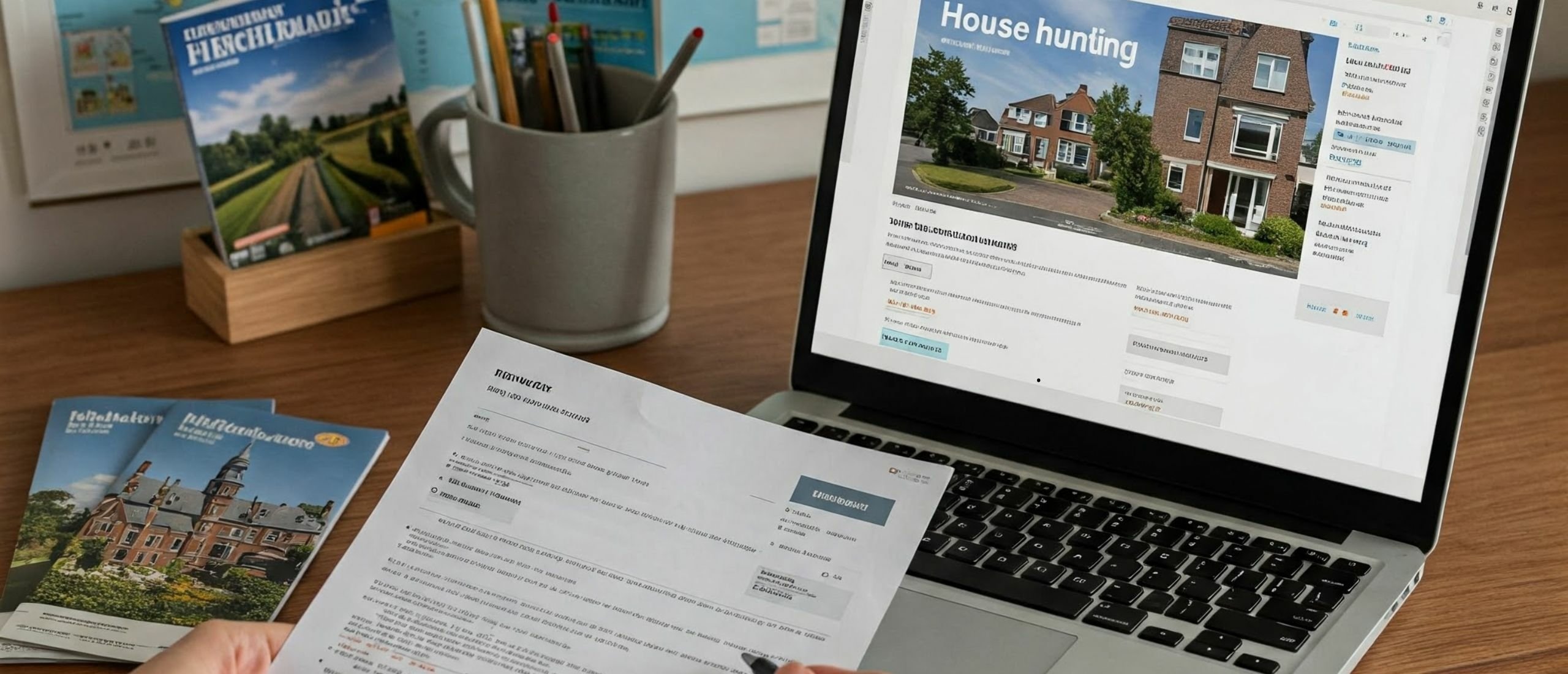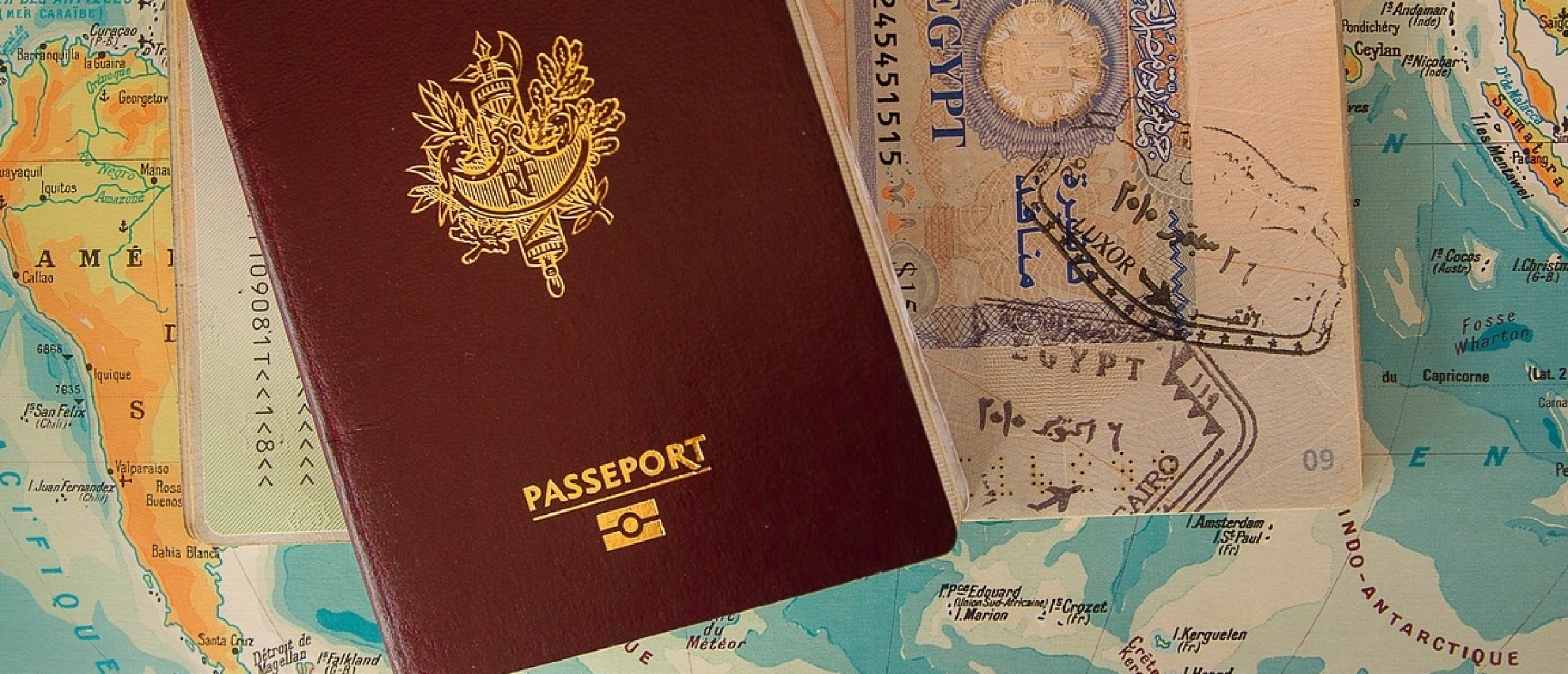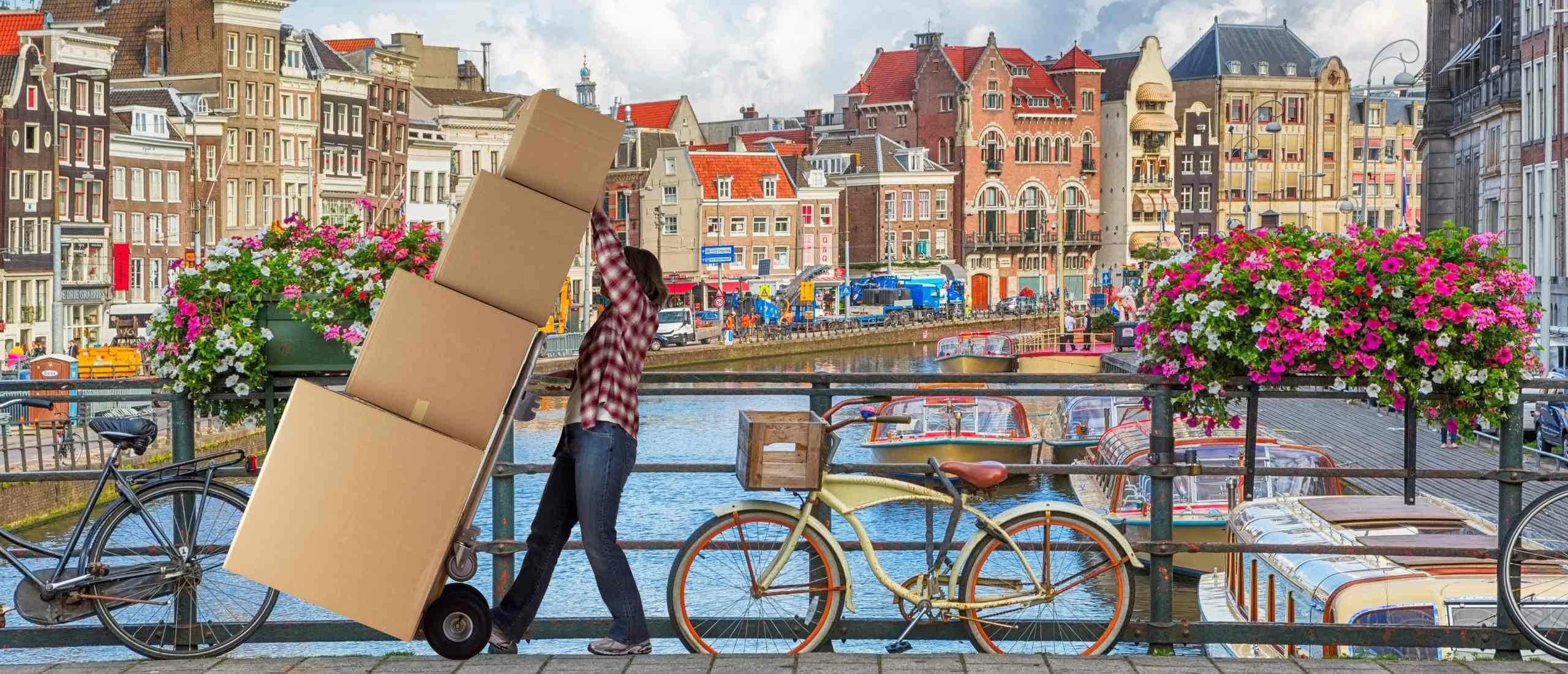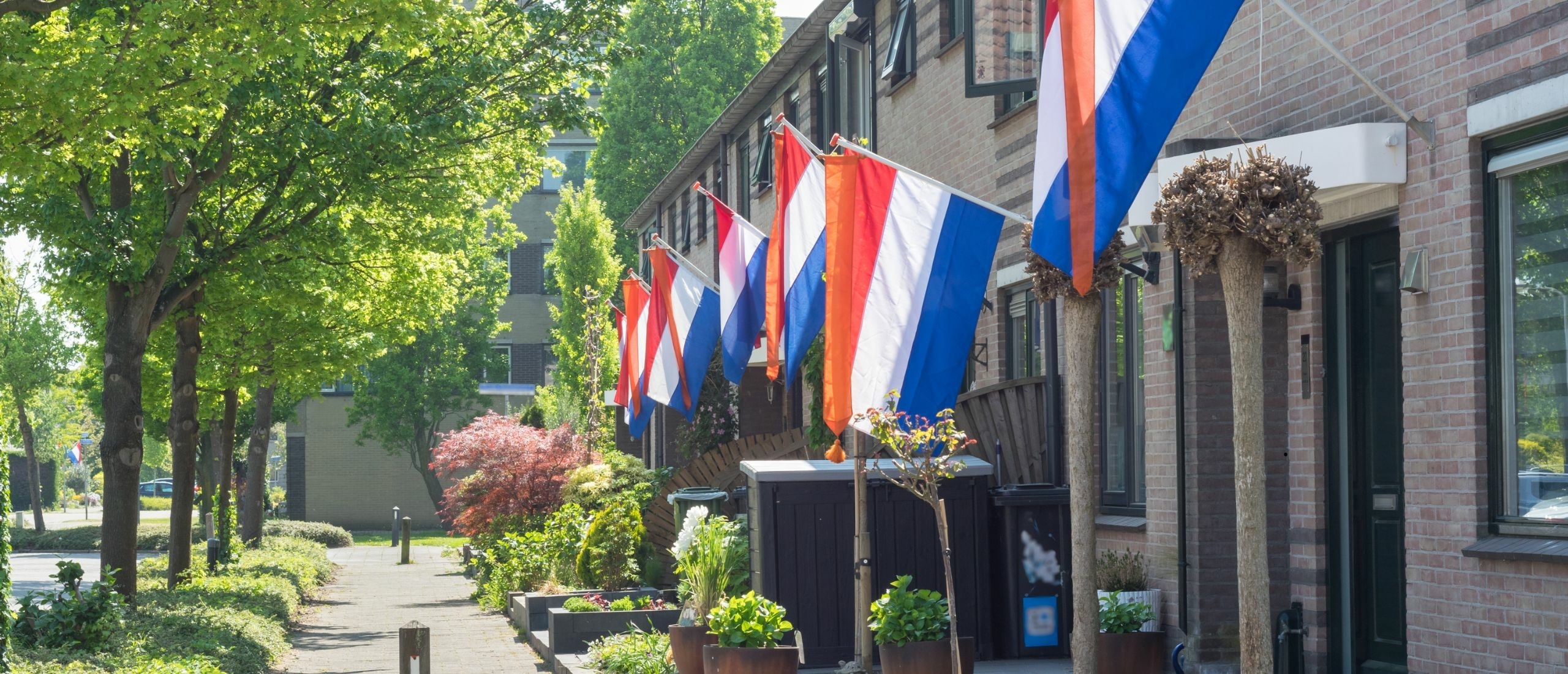
How to find a house in The Netherlands while still living abroad: challenges and building trust
Finding a House in the Netherlands as an Expat Abroad
Finding a house in the Netherlands as an expat abroad can feel like searching for a needle in a haystack—while wearing a blindfold. But don’t worry! With the right strategies, a sprinkle of patience, and a dash of humor, you can navigate the Dutch rental market from the comfort of your current country. Whether you're sipping coffee in a Parisian café or enjoying the sunshine in Sydney, here's your ultimate guide to securing a Dutch home without setting foot in the land of tulips and windmills.
1. Understanding the Dutch Rental Market for Expats
Before you dive headfirst into the world of Dutch housing, it’s important to understand the lay of the land. The Dutch rental market can be competitive and fast-paced, especially in major cities like Amsterdam, Rotterdam, and Utrecht. High demand, coupled with a relatively limited supply, means that properties can be snapped up quickly. However, don’t let this deter you. With a bit of preparation and local knowledge, you can find your ideal home.
Did you know? The Netherlands has a unique system where rental prices are partly determined by a point system called the woningwaarderingsstelsel. The more points a property has, the higher the rent!
2. The Challenge of Renting Without Being in Person
One significant hurdle expats face when finding a house in the Netherlands from abroad is the reluctance of some real estate agents (makelaars) and property owners to rent to someone they haven't met in person. This isn't just about verifying your identity or getting a sense of your personality—it's about trust.
Many landlords and agents are wary of scams. With the increase in rental scams over the past few years, they prefer to meet potential tenants face-to-face to ensure that they are dealing with a genuine person. This can pose a challenge for expats who are not yet in the country but are keen to secure accommodation before their arrival.
What can you do?
- Use a reputable agency: Working with a well-known real estate agency can sometimes help alleviate these concerns, as the agency can vouch for you.
- Provide ample documentation: Being ready with all your paperwork, such as proof of income, a letter from your employer, and references, can help build trust.
- Offer a virtual meeting: Suggesting a video call can help put the landlord at ease, allowing them to see you and ask any questions they may have.
3. Start Your Search Early
One of the most crucial tips for expat housing in the Netherlands is to start your search as early as possible. The earlier you begin, the more options you'll have. Use this time to familiarize yourself with different neighborhoods, rental prices, and housing types.
Popular websites for Dutch rentals include:
- Funda.nl
- Pararius.com
- Expatica.com
These websites offer extensive listings of available properties, often with filters that allow you to search by location, price, and type of housing.
4. Engage a Real Estate Agent (Makelaar)
If you’re feeling overwhelmed by the idea of house hunting from abroad, consider hiring a real estate agent, known as a makelaar in Dutch. A makelaar can be your eyes and ears on the ground, providing invaluable local knowledge, arranging virtual viewings, and negotiating on your behalf.
Tip: Look for a makelaar who specializes in expat housing in the Netherlands. They will be more familiar with the specific needs and concerns of expats, such as proximity to international schools or easy access to public transport.
5. Prepare Your Documents in Advance
The Dutch are known for their love of paperwork, and the housing market is no exception. To secure a rental property, you’ll typically need several documents, including:
- A copy of your passport or ID
- Proof of income (such as a salary slip or employment contract)
- A reference letter from a previous landlord
- A Dutch bank account (sometimes required)
Pro tip: Have these documents translated into Dutch to speed up the process and show potential landlords that you’re serious.
6. Consider Temporary Accommodation as a Starting Point
If you’re unable to secure long-term housing before arriving, consider booking temporary accommodation for the first few weeks or months. This can give you the flexibility to explore different neighborhoods, attend viewings in person, and get a feel for the local rental market. Websites like Airbnb, Booking.com, and expat housing networks can be excellent resources for finding short-term rentals.
7. Remote Viewings and Virtual Tours
Thanks to technology, you can now view potential homes without ever leaving your sofa. Many Dutch real estate agents offer virtual tours or remote viewings via video calls. This can be a great way to get a sense of the property and its surroundings. Don’t be shy to ask the agent to show you specific details during the virtual tour—like whether the kitchen has an oven (not all Dutch kitchens do!) or if there’s enough natural light in the living room.
8. Beware of Scams
Unfortunately, the rental market in the Netherlands is not immune to scams. Be cautious of any listings that seem too good to be true, landlords asking for money before a contract is signed, or those who are unwilling to provide a rental agreement. Stick to reputable websites and consider using a makelaar to avoid falling victim to fraud.
9. Understanding the Dutch Rental Contract
Once you’ve found your dream home, it’s time to sign the contract. Dutch rental contracts are typically either fixed-term or indefinite. Make sure you understand the terms of the lease, including the duration, rent increases, maintenance responsibilities, and any rules regarding subletting or early termination.
Tip: The lease contract should always be in writing. If you’re not comfortable with Dutch, request an English version or get a translation.
10. Moving and Settling In
After securing a rental property, the next step is moving and settling in. You may need to arrange for international movers, set up utilities (like gas, electricity, and internet), and register with the local municipality. Registering is a crucial step as it allows you to obtain a BSN (Citizen Service Number), which you’ll need for everything from opening a bank account to accessing healthcare.
FAQs About Finding a House in the Netherlands as an Expat Abroad
1. Can I rent a house in the Netherlands without visiting in person? Yes, many expats successfully rent properties from abroad using virtual viewings and engaging local real estate agents. However, some landlords may prefer to meet tenants in person to establish trust.
2. How much does it cost to rent in the Netherlands? Rental prices vary greatly depending on the city and type of property. Amsterdam is generally the most expensive, with prices ranging from €1,200 to €2,500 per month for a one-bedroom apartment.
3. Do I need a Dutch bank account to rent a property? Some landlords may require a Dutch bank account for rental payments. It's advisable to open one as soon as possible or check with your landlord about alternative arrangements.
4. Are utilities included in the rent? Utilities are often not included in the rent and are billed separately. Make sure to clarify this with your landlord before signing the lease.
5. What should I do if I suspect a rental scam? If something feels off or too good to be true, trust your instincts. Do not transfer money without a signed contract and consider reporting the listing to the platform it was posted on.
Conclusion
Finding a house in the Netherlands as an expat abroad is no small feat, but with the right tools and preparation, it's entirely achievable. Start your search early, leverage local resources, and stay vigilant against scams. Keep in mind that some landlords prefer to meet tenants in person, so be prepared to offer alternative ways to establish trust. Before you know it, you'll be settling into your new Dutch home, enjoying the canals, stroopwafels, and perhaps even a little bit of gezelligheid.
Call to Action
Ready to make your move to the Netherlands? Subscribe to our newsletter for more tips and insider information on living your best expat life in the Netherlands! And don’t forget to share this article with fellow expats who might find it helpful.










